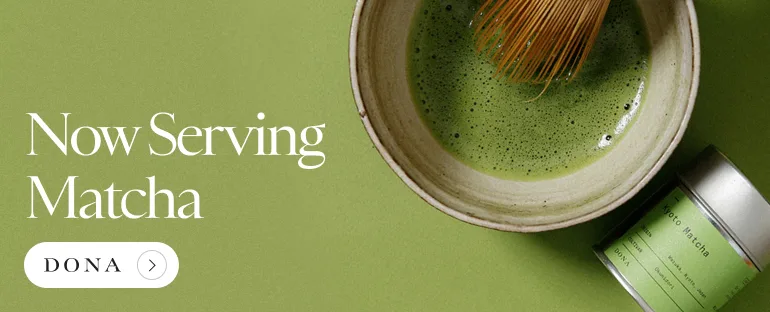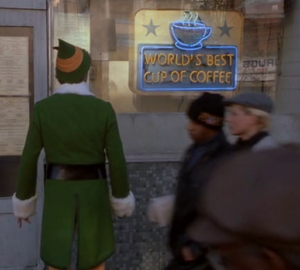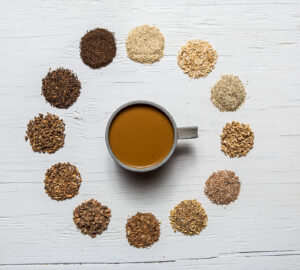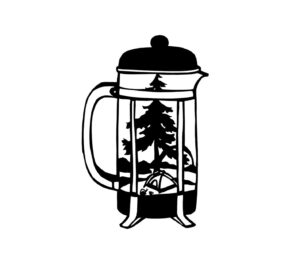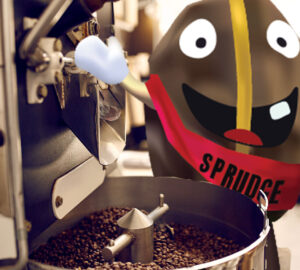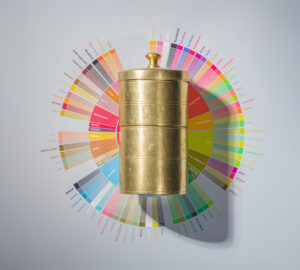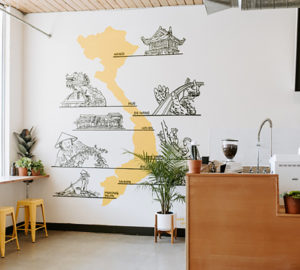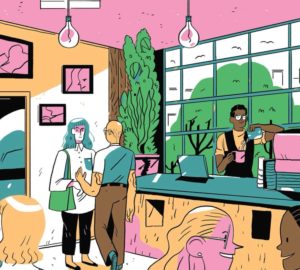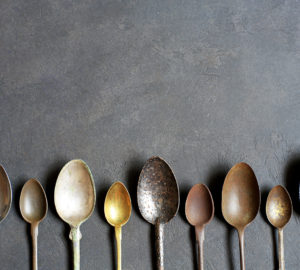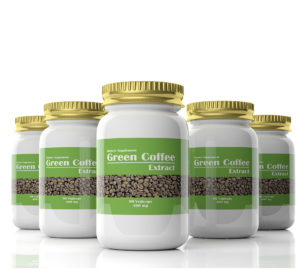Welcome back to What’s The Ish, Trish?—a new monthly advice column on Sprudge.com, featuring words of wisdom from Trish Rothgeb of Wrecking Ball Coffee Roasters, Director of Programming at the Coffee Quality Institute, creator of the term “Third Wave“, and more. For our third edition of What’s The Ish?, you wacky bunch of readers wrote in with questions about baby poop and crushtomers. Read on!
Dear Trish,
I just had an Aeropress of natural processed coffee from a cool new coffee bar but it tasted like baby diaper poop! I couldn’t drink it! The same barista told me that natural coffees are going to save specialty coffee in Central and South America because it uses less water and it’s more eco-friendly but I sure hope it doesn’t all taste like poopy diapers! What’s the ish?!
Sincerely,
Ferment Bothers On My Bouche
Dear FBOMB,
Oh my, what a graphic sort of description for a coffee experience! The horrors you’ve had to endure. Mind you, years ago one of my coffee mentors was successful in freeing me of my scatological references at the cupping table. If I ever described a sample as tasting like “crap” or “ass”, he would very politely offer the idea that I probably do not have a real-life reference for that sensory experience. Now, we can argue that you have a strong aromatic sensory memory for the baby poop you mentioned, but I don’t. Why am I splitting hairs with poop and crap memories? (Apologies for all the hairy and crappy talk) Because it matters how we describe coffee, and with this particular situation, the way we describe ferment is all over the map for coffee professionals and consumers alike!
The coffee experience you describe is probably owing to the level of ferment from the naturally processed coffee beans, whereby the fruit is left on the freshly picked coffee cherries and allowed to dry completely. Then dry cherries are milled to reveal the coffee beans (seeds). All of the fermentation happens naturally under the cherry skin, and that’s why it’s called “natural”. You may also hear this process called “dry” for obvious reasons—there’s no water involved, unlike in a “washed” coffee.
The cups of coffee we get from the “natural” process can be unwieldy and rustic in profile. We most often identify fruity notes in these coffees, and that is why some specialty coffee buyers love this process. We like things that are different and notable and will make our guests raise an eyebrow or two. Good natural coffees show a beautiful and heady variety of fruits, which I like best when they’re successfully balanced with a brown sugar note or chocolate base. There is typically a softer acidity to natural coffees, which doesn’t compete too much with the smooth body that coats the palate for optimal aftertaste on the sweetness scale. It just lays there all smooth and fruity and lush! I am happy to report that I’ve had many such non-poopy natural coffee experiences in my day.
Sometimes, though, naturals are overcome by fermentation and rotten flavors from what is, literally, overripe fruit. Often, we can still taste some fruitiness through the ferment, and other times folks may decide to overlook the spike in stinky acidity that ferment can deliver. The natural process is not easy to do well. It relies not only on the skills of the producer, but also the climate during drying and a host of other things. With the push to bring those notable types of flavors to the specialty market, we see more producers trying their hands at natural processing. It’s important to mention that there are many poorly done washed coffees out there as well, but we in the specialty industry are less likely to accept those simply because we know them better.
So you got an overly fermented cup from that Aeropress. By the way, the quick brew time advocated for in many Aeropress recipes is meant to exacerbate acidity and fruitiness, and may have contributed to your poopy cup. “Baby poop” is such a specific note, but a great number of your friends who tried the same cup might agree with you on that assessment. But here’s the thing: some of your other friends, tasting that very same brew, will vehemently disagree with you! This has everything to do with sensory memory. Your sensory allowance for ferment is smaller than some. Yours was certainly narrower than the coffee professional who decided to buy that coffee for that shop. That person might have overvalued the fruit notes in the coffee and read them as sweetness.
Many times while teaching a Q course, I’ve spiked a cupping exam with one cup of off-the-charts ferment defect, only to find some students asking, “How do I mark this one cup as tasting BETTER than the others in the sample?” My hand invariably will slap my own forehead just to keep it from slapping the cupper’s noggin in that moment. I beat myself up about it. As a result, I am forced to accept the idea that this question of ferment level may not be resolved in my lifetime. I can only do my part to try to keep the industry’s window as narrow as possible, because I don’t want people to accept defect when it rears its ugly head.
If I’d been you in that moment at that shop, I would have returned the coffee and asked for something else. It was not for you. It triggered a poopy memory, and should not be tolerated. If the barista is clever, he/she will let the boss know how many guests are complaining about the natural coffee…and also how many love it! Feedback is always important if you don’t enjoy something served to you at a quality-focused coffee bar.
Oh yes, I almost forgot: Will naturals save the specialty coffee in the Americas? No. Technology will save washed coffee from being the eco-problem that it largely is, and we will continue to enjoy specialty washed coffees. We will also be able to enjoy better and more reliable natural coffees because of technological improvements in processing. You read it here first again!
Dear Trish,
There is this very amazing and beautiful barista who works at my local coffee hangout. I’m doing my best to keep it profesh, but it’s really getting too much for me. I think I’m in love. I don’t want to freak this person out at work, so how can I tell my crush that I’m crushing? Trish, what’s the ish?
Signed,
Cecile Romero Ushtomor
Dear C.R.Ushtomor,
You poor dear! So close and yet so far! That counter between your bodies feels infinite! The whole thing made worse by the fact that this barista serves you smooth sweetness each time you see them! Here’s what to do: Treat this barista like they are a regular human. Ask this person on a date, but here are the rules:
• Don’t chat them up in front of other baristas or employees at the shop.
• Don’t make your pass when other customers at the shop can witness it.
• Don’t ask for a date as you order your coffee.
• Don’t wait outside the shop until their quittin’ time and ask them as they leave the place like you’re a creepy stalker or something.
• Don’t be a creepy stalker for too much longer; it will only get worse.
• Be attractive at all times and lighthearted in your approach and don’t be creepy.
When and how you will get it done and also follow the rules? I have no idea, but them’s the rules. Now get out there and find your true love!
Got your own coffee ish? Need advice from Trish? Send a letter to Trish Rothgeb: whatstheish@sprudge.com














